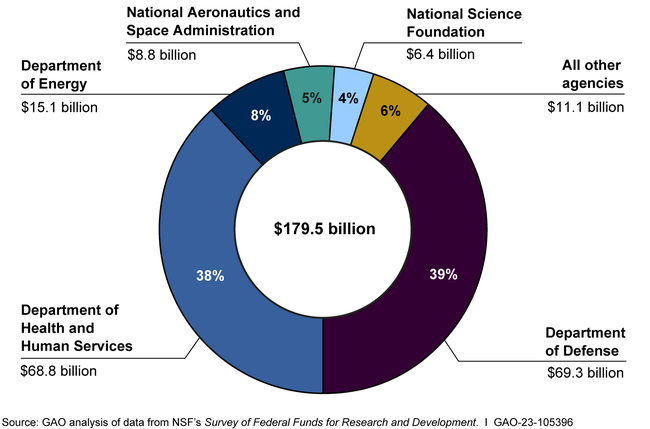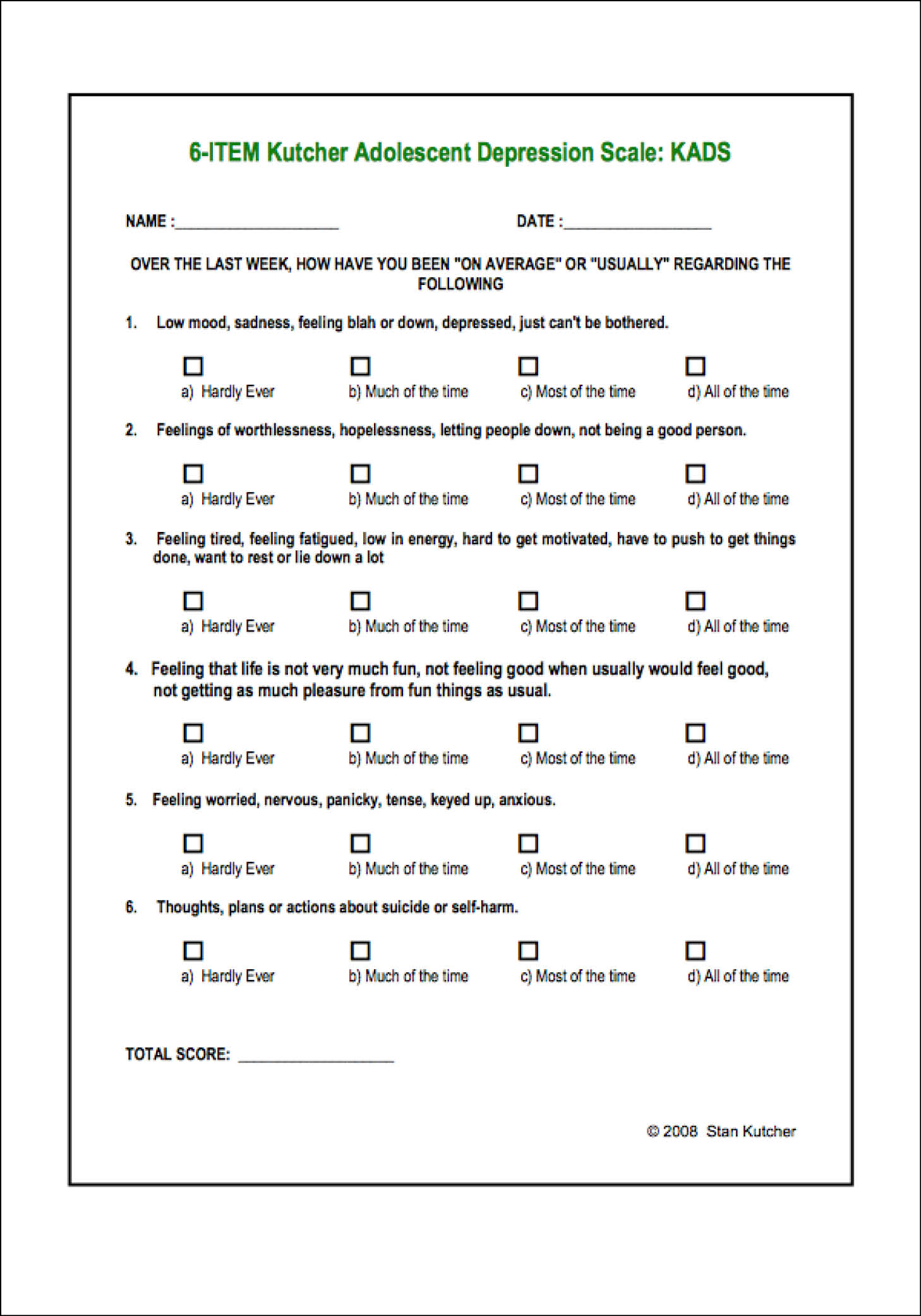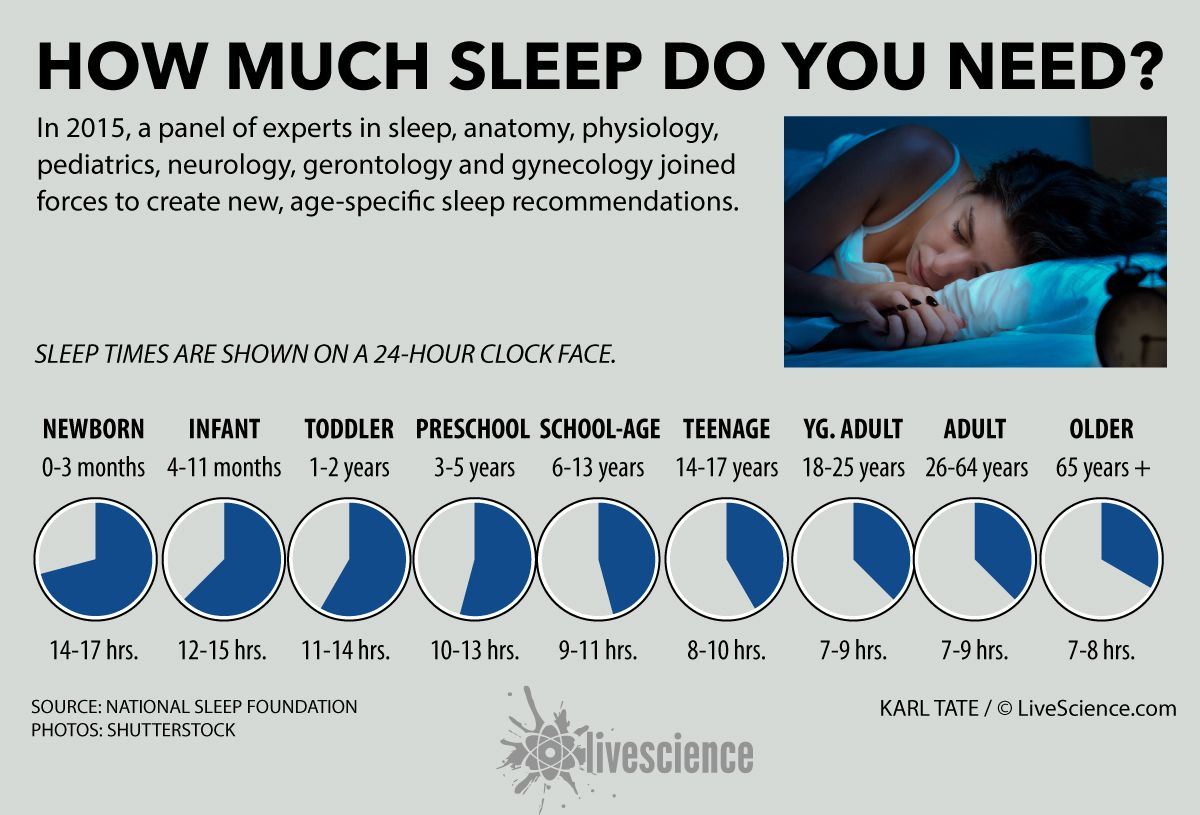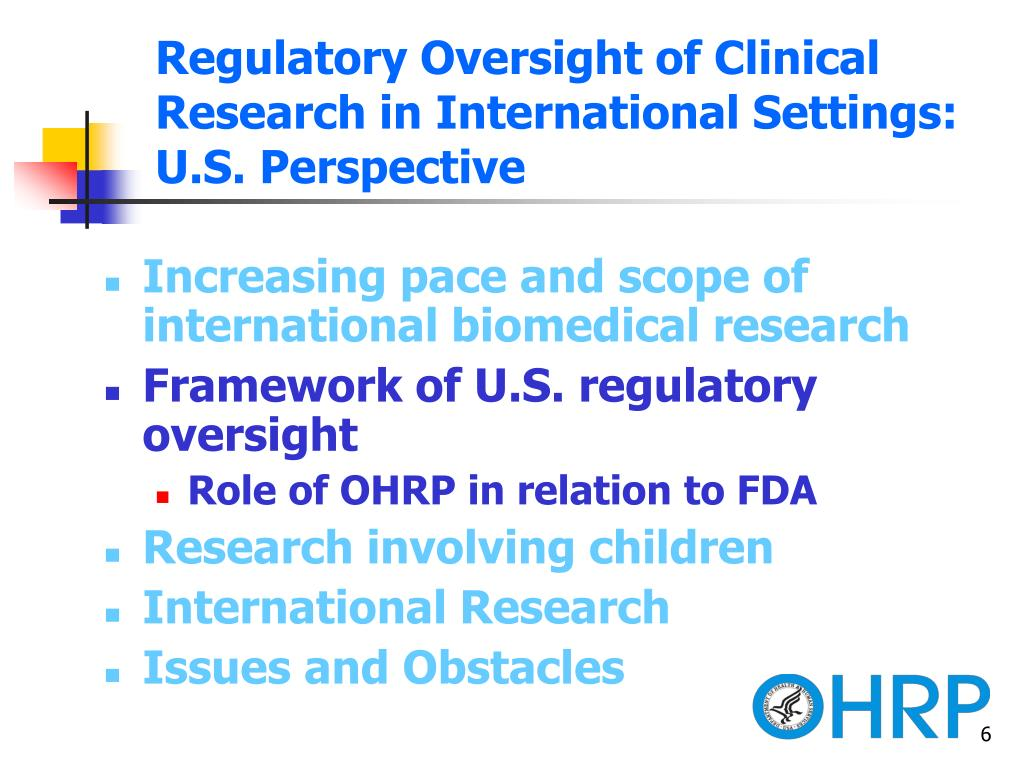Federal research grants play a pivotal role in advancing public health research across the nation. These vital funds not only support groundbreaking studies but also empower researchers to address pressing issues like cancer risk reduction and nutrition’s impact on human reproduction. Institutions such as Harvard have relied heavily on NIH grant applications to fuel their innovative projects and contribute significantly to the field. Despite the challenges, the benefits of obtaining a federal grant are immeasurable, enabling scientists to turn their impactful ideas into reality. As we delve into the world of research funding, we begin to appreciate the intricate processes and collaborations that accompany the quest for knowledge.
Government-funded research grants are essential lifelines for scientists engaged in public health and biomedical studies. These financial resources, crucial for executing pioneering investigations, allow experts to explore various health-related topics, including the link between dietary choices and reproductive health. Major institutions, like Harvard, actively navigate the complexities of the grant application process to secure support from health agencies aimed at improving community well-being. The importance of these grants transcends mere funding; they symbolize a commitment to fostering innovation while addressing critical societal challenges. As we explore the landscape of academic funding, we will uncover how these grants shape the future of health research.
The Importance of Federal Research Grants in Public Health
Federal research grants play a vital role in advancing public health initiatives. For scientists dedicated to improving community health outcomes, securing these grants is not merely a formality; it is essential to their ability to enact real change. As highlighted by Karen Emmons, the experience of receiving her first grant was transformative, igniting her passion to impact the lives of many. These funds enable researchers like Emmons to explore innovative strategies essential for reducing cancer risk, among other health concerns, which often disproportionately affect underserved populations.
Moreover, the rigorous process associated with obtaining federal research grants ensures that only the most promising and impactful studies receive funding. This competitive landscape fosters an environment where creativity and collaboration can flourish. Researchers must demonstrate a clear understanding of existing gaps in knowledge, thus promoting a culture of continuous learning and adaptation within the field of public health. This mutual focus on addressing pressing health issues is what makes federal grants so crucial.
Navigating the NIH Grant Application Process
The NIH grant application process is known for its complexity and competitiveness, requiring meticulous preparation from researchers. Emmons describes the initial stages as integrative, where building relationships with community partners and networking with other researchers are as crucial as drafting the application itself. This phase emphasizes the importance of being aware of current trends and gaps in public health research, ensuring that any proposed project is not only innovative but also relevant.
The actual application process can be daunting, encompassing a detailed description of the research proposal’s aims and methodologies. Researchers must present strong preliminary data and a comprehensive budget, justifying every cost involved. Chavarro underscores the necessity of justifying equipment purchases and other research materials, reflecting the increasing costs associated with modern research. The application, often exceeding 100 pages, demands clarity and precision, making the review process not just a bureaucratic hurdle but a significant factor in determining the future of public health research.
Strategies for Successful Grant Writing
Successful grant writing involves strategic actions that go beyond just a compelling idea. Emmons emphasizes the need for extensive literature review and networking to avoid duplicating efforts already underway. Understanding the existing body of work allows researchers to create a unique angle for their proposals, making their application stand out in a highly competitive field. This background work is vital, as it ensures that the research questions being pursued are novel and of high significance.
Additionally, obtaining feedback on preliminary ideas can significantly enhance the proposal’s quality before submission. While the process can be lengthy and frustrating, having multiple drafts and seeking external opinions can refine the concept and improve its chances for funding. Researchers are encouraged to use these insights to address potential weaknesses before the formal review process, thus effectively increasing their chances of success in securing vital federal grants.
Impact of Federal Funding on Public Health Initiatives
Federal funding serves as a cornerstone for advancing public health initiatives and research. As Emmons notes regarding the government’s role, it recognizes the clear societal benefits of investing in scientific research aimed at improving health outcomes. The historical partnership between the government and research institutions symbolizes a collective commitment to enhancing longevity and quality of life for citizens, making it imperative that federal funding continues to support innovative investigations.
Moreover, federal grants have historically facilitated groundbreaking studies that lead to significant policy changes and health interventions. By supporting research on crucial topics such as cancer risk reduction and nutrition’s effects on human reproduction, these funds contribute directly to the well-being of diverse populations. The ripple effects of funded research can be transformative, not only saving lives but also fostering healthier communities, which is a testament to the power of federal investment in public health.
Challenges Faced in Grant Acquisition
Researchers face numerous challenges when it comes to acquiring federal research grants. The current funding climate can be precarious, as seen with the recent freeze on research funding that impacted Harvard and its projects related to neurodegenerative diseases and more. The tense political landscape can threaten the allocation of essential funds, disrupting ongoing and critical research efforts. For researchers like Chavarro, understanding both the scientific and bureaucratic challenges of the grant process is necessary to navigate this complex environment.
The lengthy review process associated with grant applications also poses a unique challenge. It can take months, or even years, for feedback on proposals, adding to the uncertainty of funding timelines. This slow progression often leads researchers to feel frustrated, as the need for immediate answers clashes with the extensive review protocols established by organizations like the NIH. However, experts agree that these thorough evaluations ultimately uphold the integrity and quality of public health research, even if the process can feel laborious.
The Role of Community Engagement in Public Health Research
Community engagement is an essential aspect of effective public health research, influencing both the design and implementation of studies. Emmons highlights that building strong relationships with community partners is foundational, as it leads to a deeper understanding of community needs and priorities. By closely involving community members in research, scientists can tailor their proposals to address real-world problems, ultimately leading to more impactful outcomes.
Involving the community not only strengthens research relevance but promotes trust between scientists and the populations they study. This trust is critical for successful enrollment in studies and for ensuring compliance with research protocols. By prioritizing community engagement, researchers position their projects for success, thereby increasing their chances of securing federal funding that values inclusive and responsive research methodologies.
Recent Trends in Public Health Research Funding
The landscape of public health research funding has evolved, reflecting broader societal changes and emerging health concerns. Notably, there is a growing emphasis on research that addresses social determinants of health, such as nutrition and human reproduction, which are pivotal in understanding community health dynamics. Researchers like Chavarro are tapping into these rising trends by framing their studies around contemporary public health challenges, positioning themselves for better chances of obtaining NIH grant support.
Additionally, interdisciplinary approaches are becoming increasingly valuable in public health research. Today, successful applications often integrate insights from various fields, reflecting a comprehensive understanding of health issues. This trend encourages collaborative efforts among researchers and institutions, leading to more robust studies that resonate with funding organizations that prioritize innovative, multifaceted approaches to health research.
The Future of Public Health Research Funding
Looking ahead, the future of public health research funding may hinge on the ability of researchers to adapt to changing political and social climates. The ongoing discussions about the importance of public funding for health studies will likely continue to shape the landscape of opportunities available to researchers. Emmons suggests that as societies grapple with health disparities and emerging health crises, there remains a critical need for sustained investment in public health research to ensure ongoing improvements in health outcomes.
In addition, advancements in technology and data analytics are set to reshape the funding landscape, allowing for more precise targeting of research initiatives. As researchers increasingly utilize data-driven approaches, funders may favor proposals that integrate cutting-edge methodologies with proven public health principles. The intersection of innovation and accountability will define how future funding initiatives are structured, ultimately impacting the operational capacity of public health researchers.
Collaboration and Its Impact on Grant Success
Collaboration among researchers and institutions significantly enhances the likelihood of securing federal research grants. Emmons and Chavarro both emphasize that partnerships bring together diverse expertise, fostering multidisciplinary approaches to complex health issues. By pooling resources and knowledge, collaborative projects can address broader questions and demonstrate a comprehensive approach that funding bodies like the NIH highly value.
Moreover, strong collaborative networks can facilitate resource sharing and enhance the quality of research proposals. Researchers who work together can leverage their respective strengths, making a persuasive case for why their projects should receive funding. This collaborative dynamic encourages innovation, aligns with newly evolving research agendas, and ultimately increases the chances of successful grant acquisition.
Frequently Asked Questions
What are federal research grants and how do they support public health research?
Federal research grants are funds provided by government agencies to support scientific investigations aimed at improving public health. These grants enable researchers to explore critical areas, such as cancer risk reduction and nutrition’s impact on human reproduction, facilitating advancements that can lead to effective treatment and prevention strategies.
How can I apply for a federal research grant, particularly through NIH for cancer risk reduction studies?
To apply for a federal research grant through the NIH for studies in cancer risk reduction, researchers must first develop a strong proposal outlining their research aims. This includes a detailed review of existing literature, a robust methodology, and a justification for funding. Successful NIH applications require evidence-based approaches and thorough preparation, which can include building community partnerships and conducting preliminary research.
What is the process for submitting an NIH grant application for nutrition research related to human reproduction?
Submitting an NIH grant application for nutrition research in the context of human reproduction involves several steps: begin with a one-page specific aims document, develop a full application that includes detailed methodology and ethical considerations regarding human subjects, and include a well-justified budget for your project. Applications are then evaluated by Scientific Review Groups to assess innovation and relevance.
What challenges do researchers face when securing federal research grants at institutions like Harvard?
Researchers at institutions like Harvard face challenges such as funding freezes or shifts in political climate which can impact grant availability. Additionally, the competitive nature of federal grants means that only a fraction of applications receive funding, with recent statistics showing a success rate of just over 14% for National Cancer Institute grants.
How do federal research grants impact advancements in public health and their associated fields?
Federal research grants are crucial for driving advancements in public health as they fund innovative studies that can lead to breakthroughs in areas such as cancer prevention and treatment. Grants support researchers in conducting essential studies that not only address current health issues but also pave the way for future public health strategies.
What is the significance of the NIH in funding public health research grants?
The NIH plays a pivotal role in funding public health research grants by providing financial resources and ensuring a fair review process. Their commitment to funding innovative and impactful research enables scientists to address pressing health concerns, ensuring that the research leads to tangible benefits for society.
How can researchers improve their chances of receiving federal research grants from organizations like the NIH?
To improve chances of securing federal research grants from the NIH, researchers should build strong research proposals with clear objectives, engage in network-building with other scientists, stay updated on current trends in their field, and ensure their projects align with the NIH’s mission and priorities. Also, learning to incorporate feedback from previous submissions can enhance future applications.
What resources are available for assistance with NIH grant applications?
Several resources assist researchers with NIH grant applications, including workshops, webinars, and mentorship programs offered by universities and research institutions. Additionally, the NIH provides comprehensive guides and FAQs on their website detailing the application process, funding mechanisms, and tips for writing competitive proposals.
| Key Point | Details |
|---|---|
| Importance of Federal Grants | Federal research grants enable scientists to conduct investigations aimed at improving public health. |
| Researchers’ Experiences | Professors Karen Emmons and Jorge Chavarro share insights from their grant application experiences and the challenges posed by funding freezes. |
| Process of Grant Application | The grant application process involves writing detailed proposals, justifying research needs, and adhering to ethical standards. |
| Review Process | Applications undergo evaluations by Scientific Review Groups to ensure fairness and merit-based funding. |
| Success Rates | Only about 14.6% of grant applications from the National Cancer Institute were funded, highlighting the competitive nature of the process. |
| Government Partnership | The enduring relationship between universities and government underscores the commitment to advancing science for public good. |
Summary
Federal research grants are essential for funding groundbreaking studies that impact public health significantly. Researchers like Karen Emmons and Jorge Chavarro exemplify the dedication and rigor involved in applying for these grants. Despite challenges such as competitive success rates and recent funding freezes, the process remains a vital means of advancing scientific knowledge and ensuring innovative research continues to contribute positively to society. The intertwined efforts of academia and government in supporting such initiatives highlight the importance of federal research grants in fostering advancements that benefit public health.




